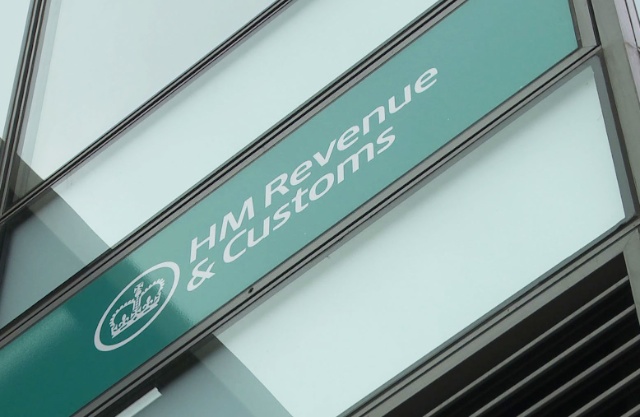
I guess financial in the public sector boils down two things: getting the money as efficiently as possible and spending it as effectively as possible. My previous post was concerned with fraud which can lead to reduced income or wasted spending. This post focuses more on the collection of income. Or rather, maximising the amount of income to be collected.
Governments have many sources of income but principally they levy and collect taxes. The last year or so, in the UK at least, has seen much more of a debate about the tax planning activities of multinational companies. Indeed, Starbucks, Google and Amazon have all been in front of the UK’s Public Accounts Committee to explain themselves. And some wealthy celebrities have been exposed for investing in tax avoidance schemes. (In the UK, tax avoidance is lawful; tax evasion, on the other hand, is unlawful. What's the difference? Tax avoidance is managing your affairs to reduce your liability for taxes; tax evasion is not paying taxes that you are liable to pay.)
I suppose there have been people campaigning against this sort of activity for years but recently it must be resonating with the public mood and the issue has risen high up the public agenda. I don’t know why that would be. My take on it is that it is a corollary of the general public’s sense of unfairness—that they are paying for the bankers’ greed that caused the recession. They’re learning that not only have bankers been very well paid for causing this mess, they don’t pay their fair share of taxes. The public are receiving less public services, they’re losing their jobs (for example, the UK public sector has lost 22,000 jobs in the first quarter of 2013).
Today has seen the launch of the Fair Tax Mark. Number 1 in their list of activities is to use the Fair Tax Mark methodology to publish credible assessments of whether large companies are acting transparently and paying fair tax in the UK.They have issued a report today on 25 of the UK’s top retailers, assessing only two to be awarded the Fair Tax Mark (see this article on Reuters). You can see the marks here.
In today's press release, Meesha Nehru said:
People are increasingly expecting companies to pay the tax that society demands of them or to at least explain why not. They’re not paying, and they’re not explaining and neither are acceptable – and that’s the message of this report
They have got the backing of Margaret Hodge, the chair of the Public Accounts Committee for their work. She hopes the impact on a company's reputation will act as a deterrent.
Undoubtedly this sort of scoring and ranking will be criticised for its methodology, not just by the companies it ranks but by observers, too. Nevertheless, I think it makes a contribution to the overall debate. Just as there are increasing demands on government to be transparent to its public, this mark is assessing, in part, the transparency of the tax arrangements of the companies that the UK public buy from every day. For that reason I’m planning to keep an eye on its development over the next weeks and months.
If you’re interested in more about this you can check out the Fair Tax Mark website and/or follow them on Twitter (@fairtaxmark).


 For a one minute explanation about how multinational companies can avoid paying tax in the UK check out
For a one minute explanation about how multinational companies can avoid paying tax in the UK check out 



